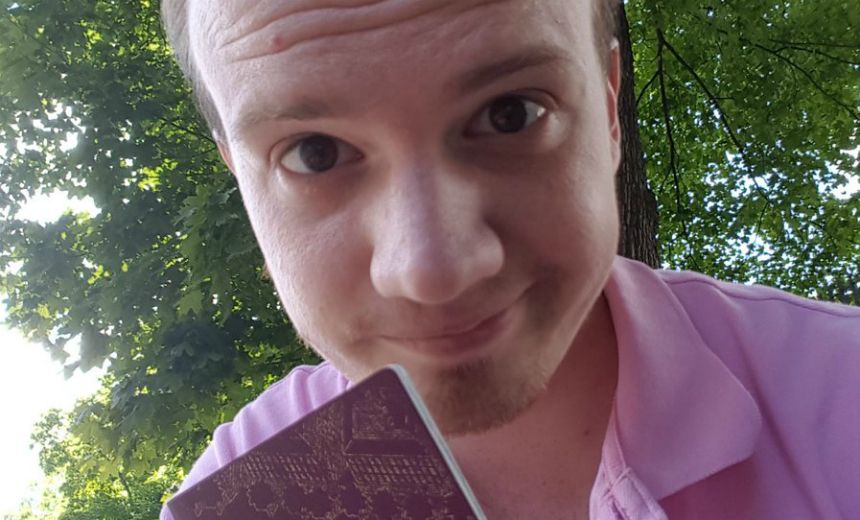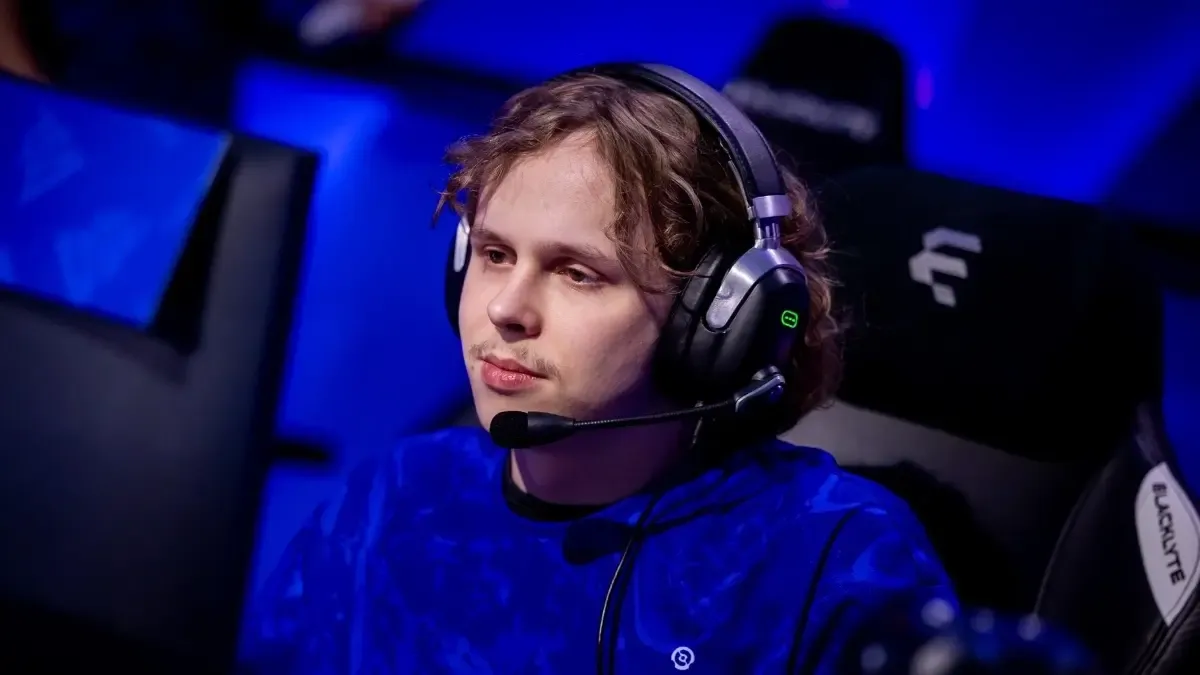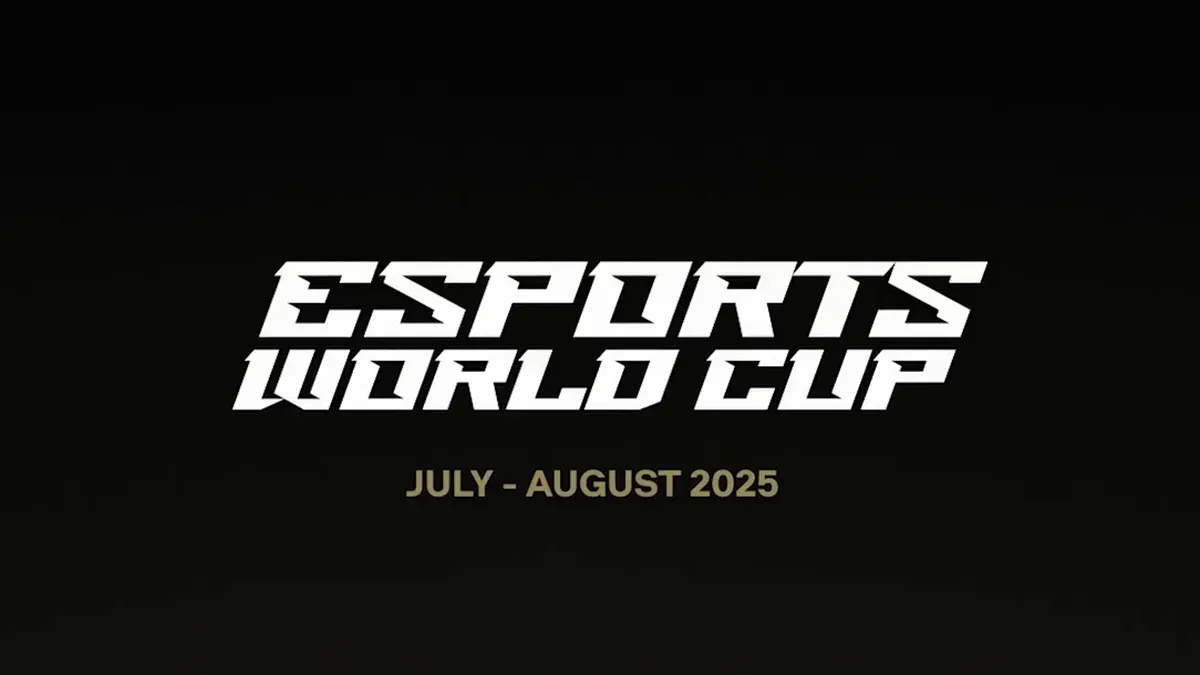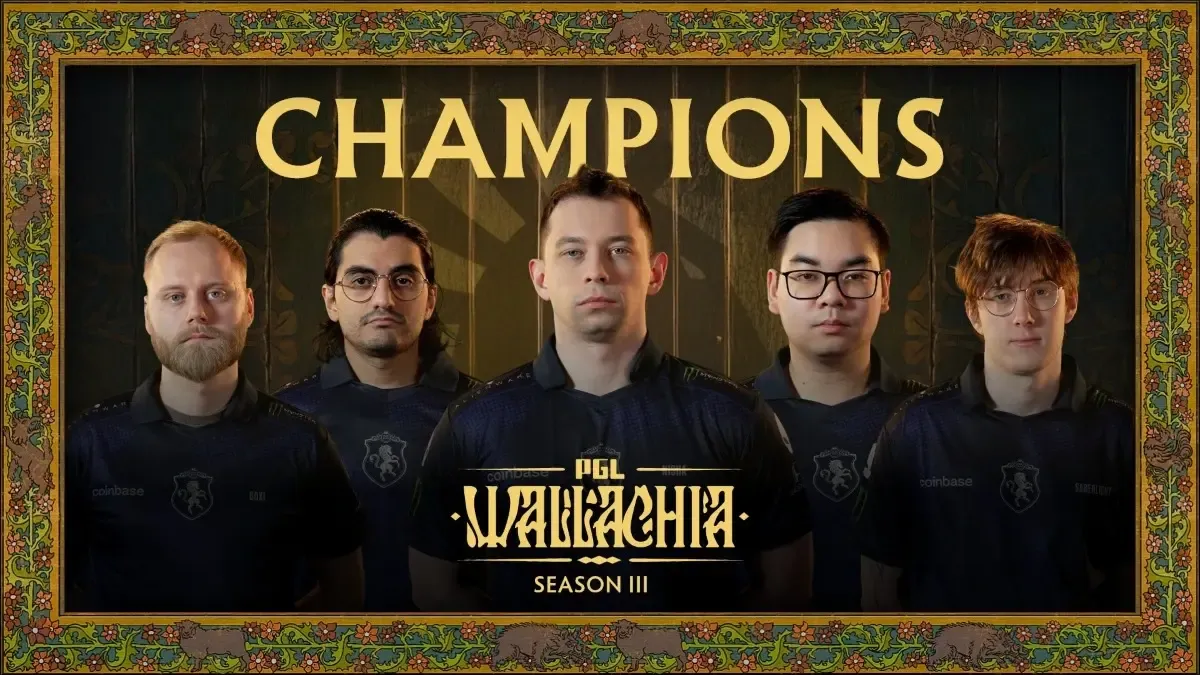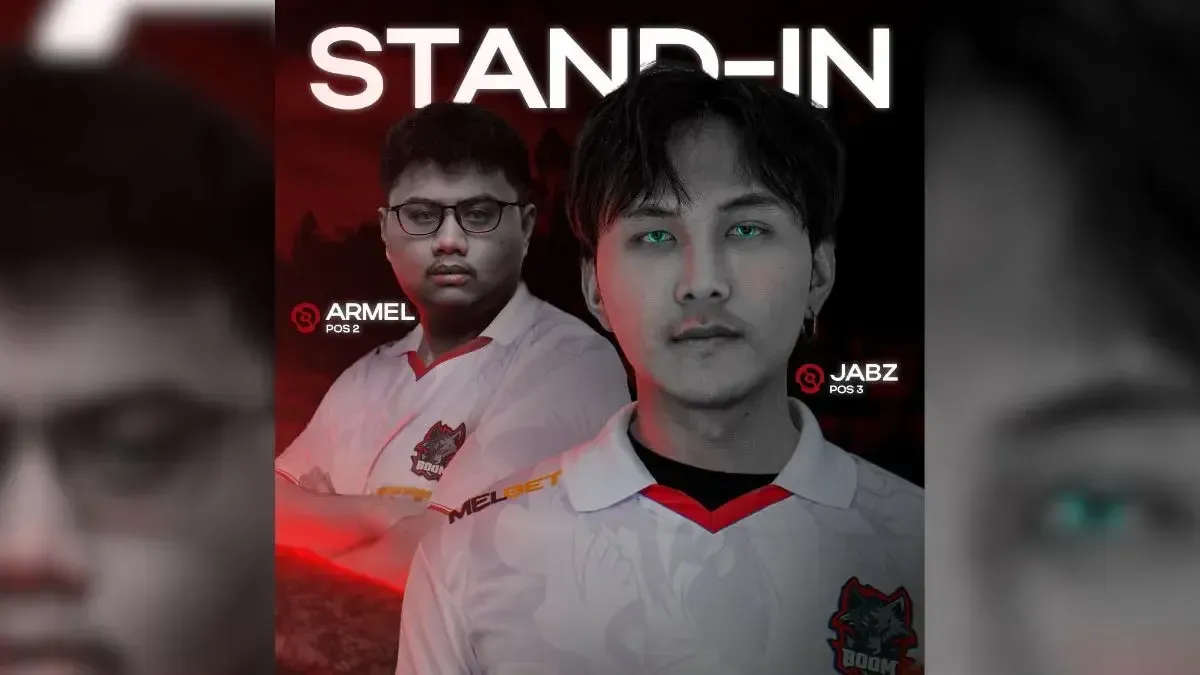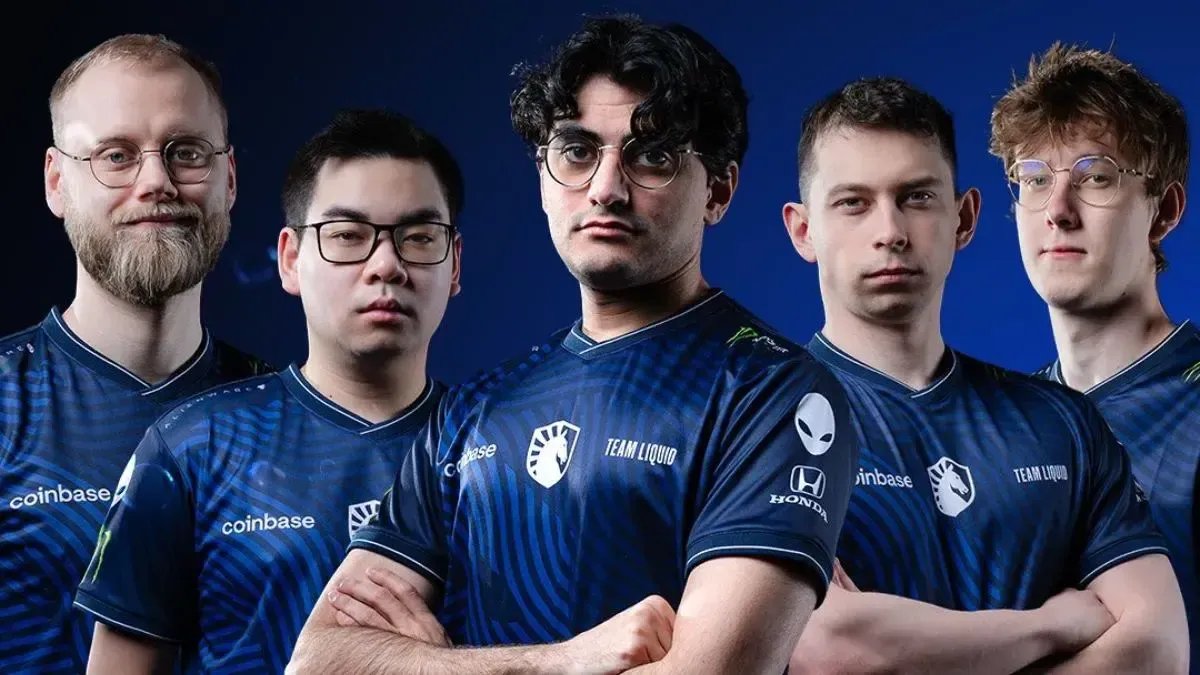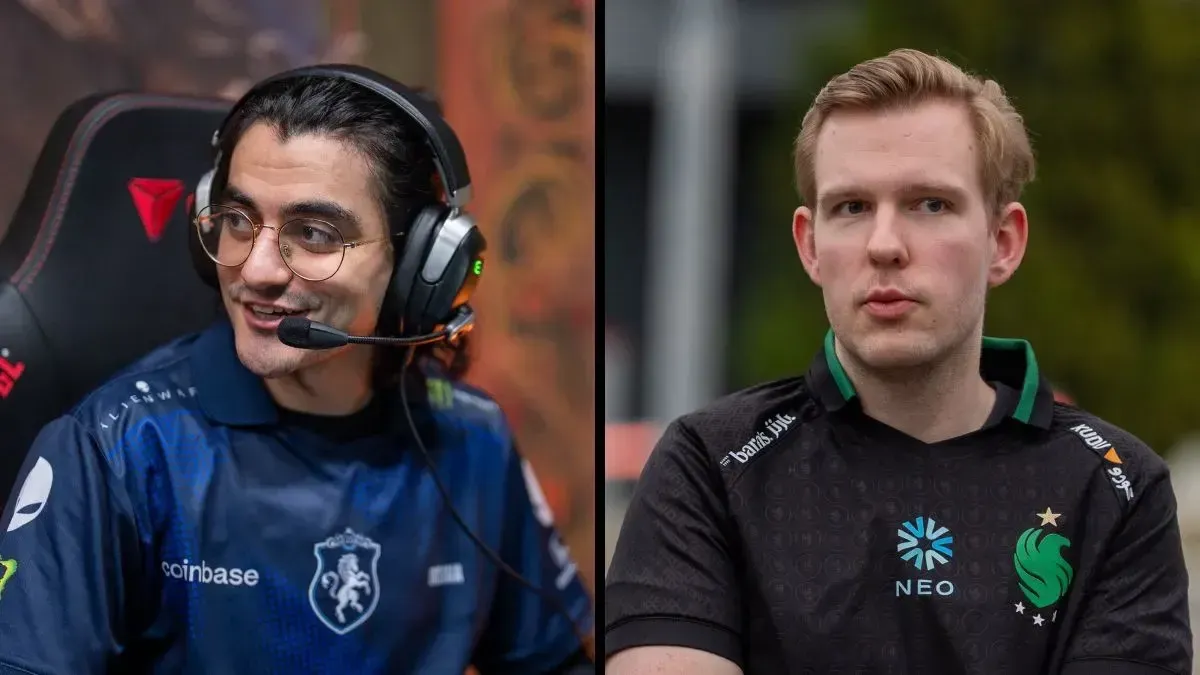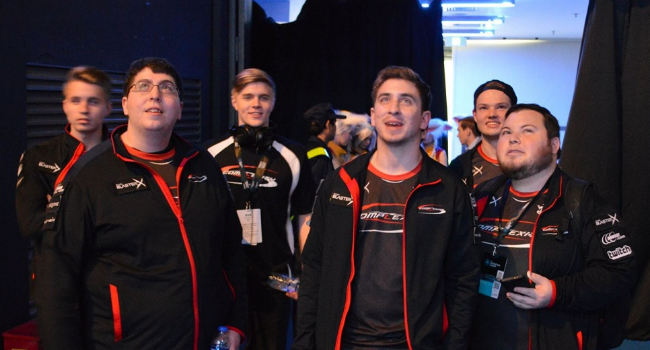
Image from dotablast
This past week, compLexity became first team in Dota history to secure P-1 American visas for their players.
For years, teams being unable to secure visas for tournaments has been a plague on professional Dota 2. There have been a number of high-profile teams who have had to miss events because they could not secure their visas in time. compLexity's Rasmus 'Chessie' Blomdin, Linus 'Limmp' Blomdin, and Simon 'Handsken' Haag won a battle against visa issues this week, becoming the first Dota 2 players to be issued P1 visas to the United States. This will hopefully start a trend of recognition of the legitimacy of Dota 2, and Esports as a whole, and make similar visa applications more successful in the future.
Throughout professional Dota 2’s history, there have been teams who have missed out on events due to visa issues. From MUFC missing TI2, to CIS-Game's and Arrow’s issues before TI4, to EG and Fnatic pulling out of Nanyang due to visa issues, there is always a chance that teams may not be able to secure their visas in time for a big event.
However, this may be about to change, particularly for tournaments based in the United States, such as The International and ESL One New York. There have recently been a number of large petitions for wider recognition of Esports professionals as worthy of obtaining P1 visas for the United States. This kind of visa is designed for athletes to perform at events of “an internationally recognized level of performance”. American government officials responded to one of these petitions, stating the following:
”According to USCIS, the agency responsible for processing P1 visa applications, there is no current policy categorically precluding an eSport from being recognized as a qualifying athletic competition. In fact, USCIS has approved P1 visa petitions for athletes seeking to enter the United States to compete in eSport events.”
Essentially, this means that there is theoretically nothing stopping Esports professionals from qualifying for this type of visa, and each application will be considered on its own merits. This is consistent with their decisions in the past, as Esports professionals from games such as CS: GO and League of Legends have been awarded P1 visas as far back as 2013. Once a professional has been approved for a P1 visa, they are allowed to move freely into and out of the United States and earn a salary as a professional athlete for two entire years. This means that players with P1 visas will not have to apply for visas for each event, but merely renew their P1 visa when it expires.
In a post on compLexity’s website, it was announced that Limmp, Chessie, and Hansken have become the first Dota 2 players to obtain P1 visas. This will allow them to compete at The International 6, coming up in August. In the post, Handsken touched on the significance of their success, stating that the positive outcome is ‘a good step for eSports [sic] as a whole.” It will also hopefully mean that such visas will be issued on a regular basis to Dota 2 players attending significant events such as The International.
Whilst visa issues have been annoyances to the professional Dota scene in the past, we may be reaching a new era where Dota players will be able to move to events without the headache of wondering whether they will get a visa in time. Limmp, Chessie, and Handsken are the first to reap the benefits of the P1 visa, but it is only a matter of time before the entire Esports scene feels its impact in a more significant way than it already has.
Headline image from Chessie's Twitter

